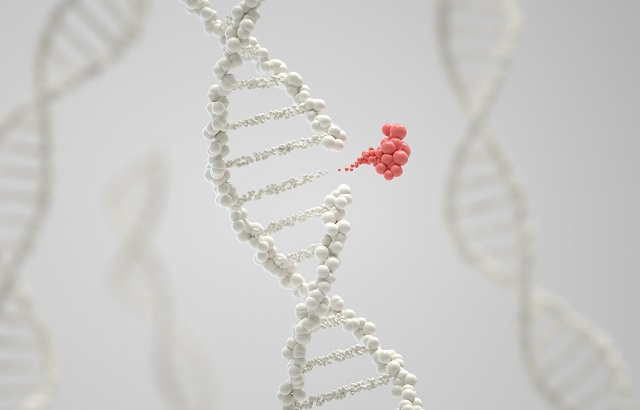

New genetic causes of ‘rare’ diseases, including pulmonary arterial hypertension, have been discovered by technology reading whole genomes in pioneering research that we part-funded.

The entire genomes of almost 10,000 NHS patients with rare diseases were sequenced and searched for genetic causes of their conditions as part of the 100,000 Genomes Project. Many new genetic variants that cause rare diseases were found, and many new genetic diseases were identified.
Pulmonary arterial hypertension (PAH) – high blood pressure in the blood vessels of the lungs which can lead to heart failure – was one of the diseases that researchers discovered new genetic changes for. In this study they have more than doubled the number of genes that were already known to cause PAH.
Professor Nick Morrell, BHF Professor of Cardiopulmonary Medicine at University of Cambridge, said:
"A diagnosis for rare conditions can take many months - pinpointing the part of a person’s genetic make-up that causes disease is very complex. This first of its kind, ground-breaking study has identified more genes that are altered in people with PAH, enabling a clear genetic diagnosis to be reached much faster.
“With support from the British Heart Foundation, Medical Research Council and NIHR we recruited over 1000 PAH patients to this study. The results will improve care by delivering a genetic diagnosis to patients and families with this devastating condition, and provide hope for future therapies to prevent or reverse the disease.”
This was the first study to use whole-genome sequencing as a diagnostic test in people with rare diseases across an integrated health system. The combination of genetic research with NHS diagnostic systems increases the likelihood that a patient will receive a diagnosis and the chance that a diagnosis will be provided within weeks rather than months.
Faster disease diagnosis
The researchers studied the genomes of groups of patients with similar symptoms, affecting different tissues, such as the blood vessels, blood, brain, eyes, blood or the immune system. Using a new analysis method developed specifically for the project, the team identified 95 genes in which rare genetic differences are very likely to be the cause of rare diseases. Genetic differences in at least 79 of these genes have been shown to definitively cause disease.
Based on the emerging data from the present NIHR BioResource study and other studies by Genomics England, the UK government announced in October 2018 that the NHS will offer whole-genome sequencing analysis for all seriously ill children with a suspected genetic disorder. The sequencing of whole genomes will expand to one million genomes per year by 2024.
Whole-genome sequencing will be phased in nationally for the diagnosis of rare diseases as the ‘standard of care’, ensuring equivalent care across the country.


